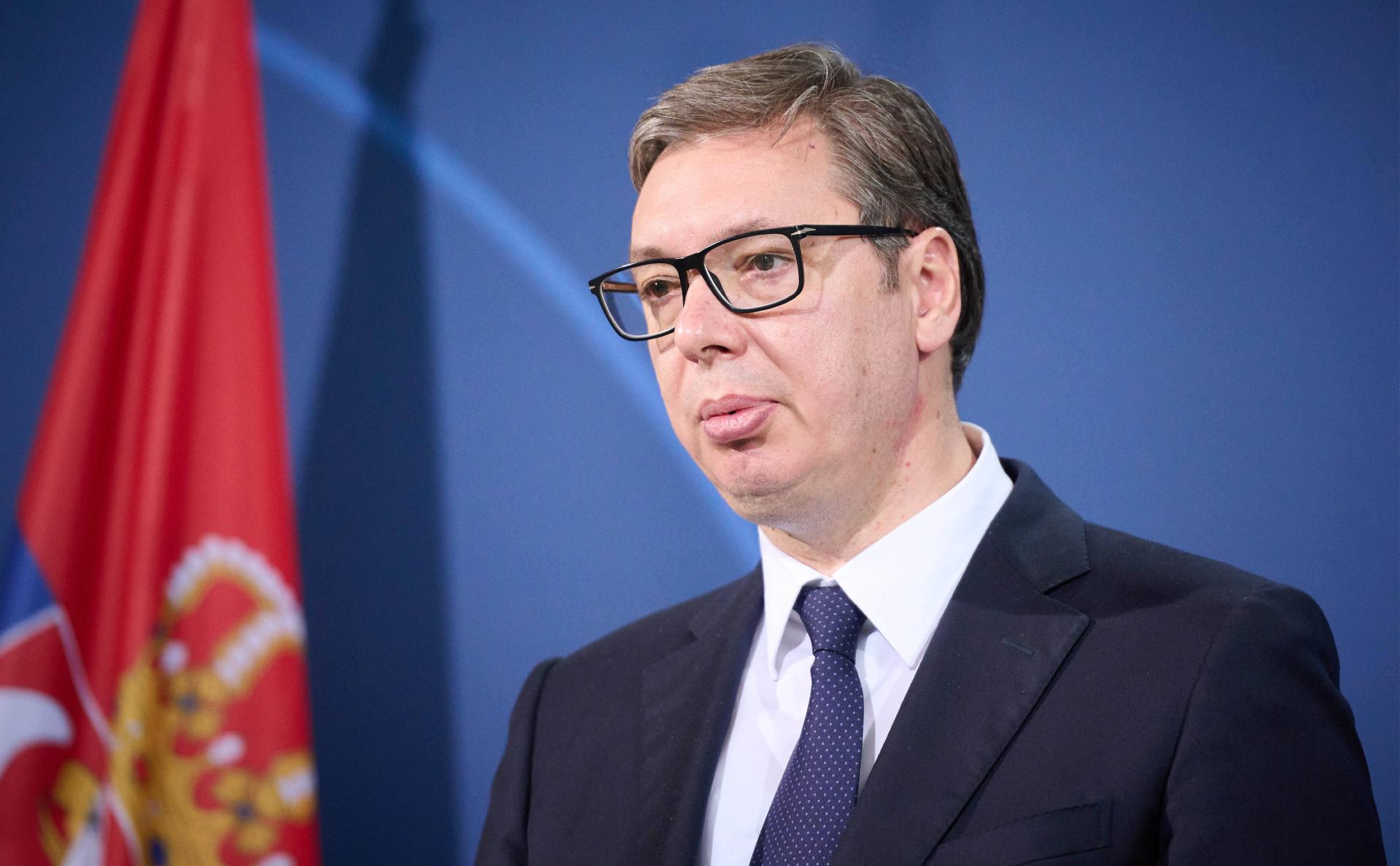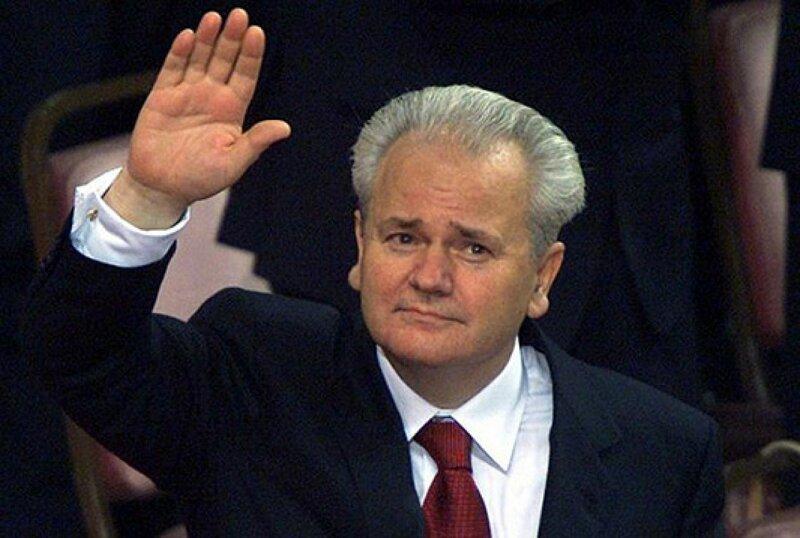West vs. Serbia: Kosovo "independence" or "colour revolution"? Similar pattern played out in Azerbaijan
The victory of President Aleksandar Vucic's coalition in Serbia's parliamentary elections has significantly heightened political tensions in the West, as evidenced by ongoing street riots in Belgrade and across the country. On December 17, Serbia held early elections for the national legislature, the Vojvodina regional council and 65 local councils, including those of Belgrade. Officials said Aleksandar Vucic's Progressive Party claimed 47 per cent of the vote in the parliamentary elections and remained in power.
The opposition, however, rejected the results and accused the authorities of electoral fraud. The protests were peaceful until December 24, when clashes broke out between demonstrators and police after an attempt by opposition leaders to gain access to the Belgrade city assembly building. In an emergency address to the nation, the Serbian leader later stated unequivocally that the unrest was the result of external interference, but did not elaborate on the source of the interference. "Those who swore that they would fight against violence have just confirmed that they are the ones who are the real bandits," the Serbian president said.

Incidentally, the Serbian leader had earlier warned that the protests and provocative statements by the opposition would have no effect because in the country "power is being replaced by elections". Given Western pressure on Serbia, especially over Kosovo, the message's addressee is not in doubt. After all, Vucic's position on Kosovo is completely at odds with Western policy. This is confirmed by his recent categorical statements that Serbia will not allow the recognition of Kosovo's independence and its membership in the UN.
"Serbia will not recognise Kosovo's independence and will not accept any document that obliges it to support and assist the so-called Kosovo in membership of the UN, UN organisations, institutions and agencies," Vucic said at a press conference on December 24, stressing that Belgrade would not make such a commitment in the short or long term.
In other words, the legally elected president of Serbia did not give the West the slightest chance to manipulate this fundamental issue of Serbian statehood, and naturally, the West went on the offensive. All the more so as it has long established mechanisms of "colour revolutions". By the way, in 2000 Serbia experienced a "bulldozer revolution" initiated by the West, which led to the departure of Slobodan Milosevic. But Milosevic's defeat in the elections was the result of the Serbian people's disgust with him. As the last elections showed, the situation with Vucic is different. Here the Western "democratisers" enter the scene, influencing the internal political situation through bribing NGOs or the media. The aim is to force the "recalcitrant" Vucic out and the new pro-Western Serbian leadership to recognise Kosovo's "independence". Recognise it, they say, and you will immediately become our "best friends".

This time, however, the West's attempt to stage a colour revolution in Serbia has failed. As recent events have shown, the number of demonstrators is insufficient to overthrow Vucic and make him more pliable so that he would give in to national interests.
Incidentally, the West has previously attempted something similar in Azerbaijan. They said: "Give Karabakh to the Armenians and we shall stop criticising Baku, investment shall pour in". But the Azerbaijani authorities were intransigent: Karabakh is an integral part of the country and cannot be traded. Then a few local NGOs and Western-funded mass media got involved, along with a whole host of USAID, NED, NDI and others. But the authorities and society have united for a common goal - the liberation of Karabakh from Armenian occupation, and Western institutions, NGOs and special services have not managed to break this alliance and shatter the internal political situation. And all the more they will not succeed now when we have regained Karabakh and become a victorious country.
That is why we understand what is happening in and around Serbia. We want peace and prosperity for our Balkan counterpart, who has his own state and national interests at heart and not dancing to West's whistle.








